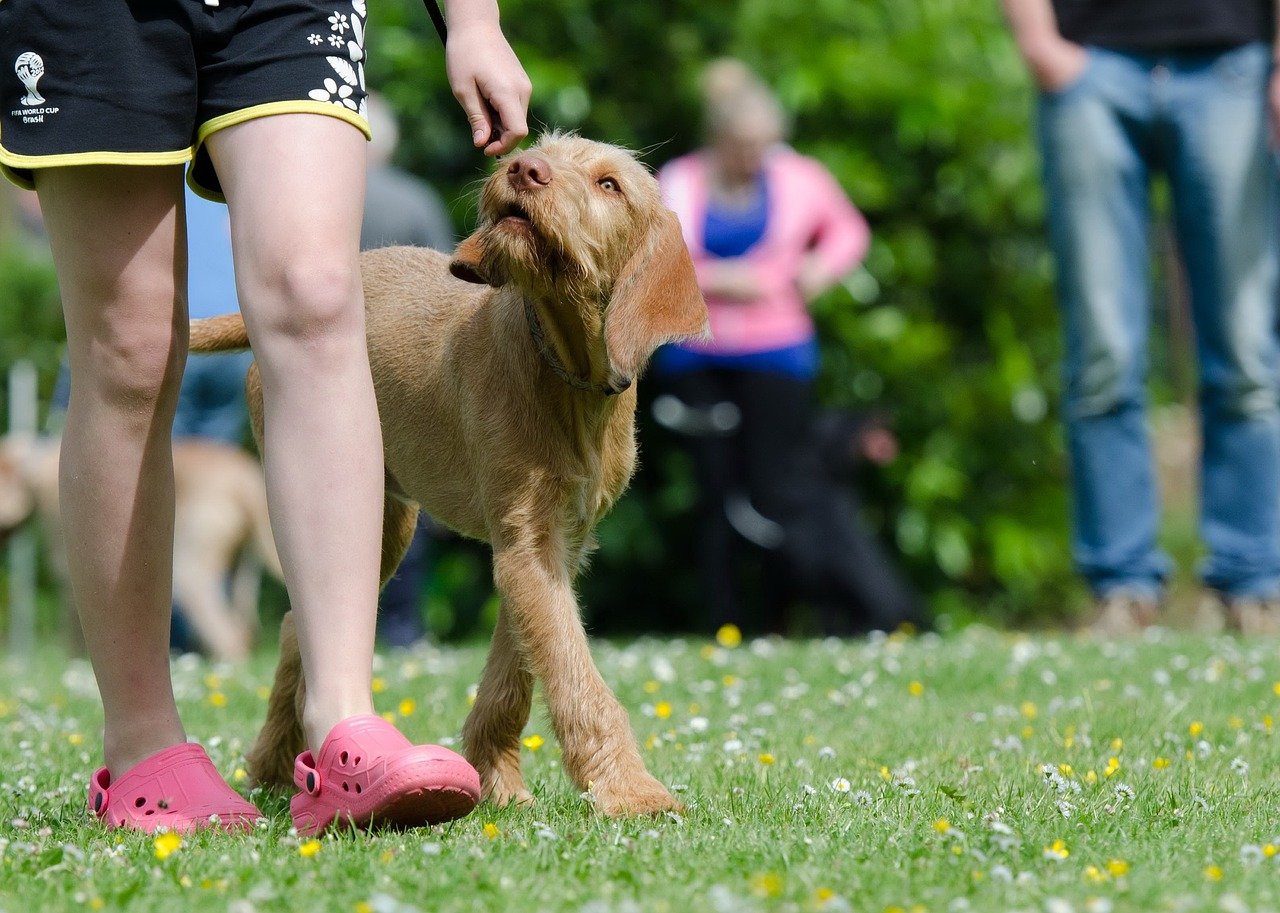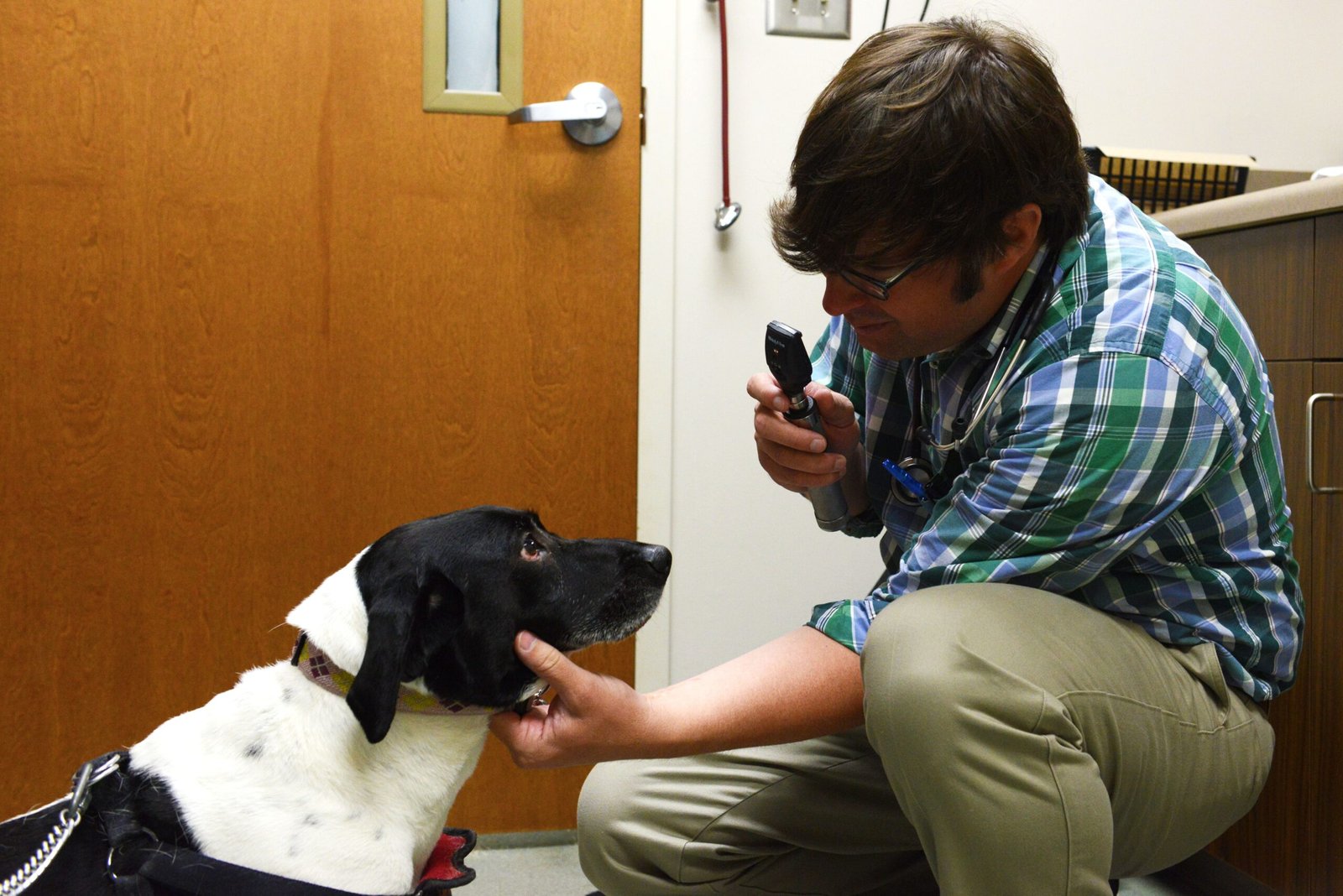Have you ever felt your dog pulling away, avoiding your touch, or acting out in ways you just can’t explain? The connection between a human and their dog can feel almost magical, but sometimes, that special bond can start to fracture in ways that are subtle—or even shocking. For dog lovers, this idea is heartbreaking. After all, our furry companions often feel like family, and the thought of losing their trust or affection is almost unthinkable. Yet, certain behaviors and habits—sometimes ones we don’t even realize—can drive a wedge between us and the dogs we adore. Discover the surprising ways you might be harming your relationship with your four-legged friend, and learn how to strengthen the bond that brings so much joy to both of your lives.
Ignoring Your Dog’s Emotional Needs
The bond between a dog and their person is one of the most loyal, loving connections you can experience. Built on trust, consistency, and affection, it’s a relationship that runs deep. But like any meaningful bond, it’s also fragile—and certain actions, even unintentional ones, can slowly chip away at that trust. Whether it’s a lack of communication, inconsistent training, or not meeting your dog’s emotional needs, these missteps can create distance where there once was devotion.
Dogs are deeply emotional creatures. They thrive on affection, attention, and routine. When their emotional needs are overlooked, it can create a sense of loneliness and betrayal in them. Imagine coming home from a long day and barely acknowledging your dog’s excitement to see you. Over time, this lack of engagement can make your dog withdraw or act out in search of attention. Dogs can sense your mood and pick up on subtle cues, so when their love is not reciprocated, they feel it intensely. Some dogs may become anxious, bark excessively, or even develop destructive habits. It’s important to remember that your dog craves your presence and approval much like a child does from a parent. Emotional neglect might not show itself immediately, but it slowly chips away at the trust and love that keeps your bond strong.
Inconsistent Training and Discipline

One day you let your dog jump on the couch, the next day you scold him for it. This kind of inconsistency can be incredibly confusing for dogs. They learn best when rules are clear and always enforced the same way. Inconsistent training or sudden changes in discipline can make your dog feel insecure and unsure of what you want. This insecurity can lead to anxiety or even defiant behaviors. Dogs want to please their owners but need clear guidelines to do so. If you’re unpredictable, your dog may start to distance himself or lose trust in your leadership. Think of it like trying to play a game where the rules change every minute—it would drive anyone crazy, and dogs are no different. Consistency is kindness in their world.
Using Harsh Punishments

Yelling, hitting, or using fear-based tactics to correct your dog’s behavior might seem effective in the moment, but it leaves deep emotional scars. Dogs are incredibly sensitive to your tone and body language. Harsh punishments can make your dog fear you, rather than respect you. Over time, this fear erodes the foundation of trust that every strong bond is built on. Instead of learning what not to do, your dog might become anxious, withdrawn, or even aggressive. Imagine if someone you loved suddenly started shouting at you for no clear reason—wouldn’t you become wary of them? Positive reinforcement and gentle correction foster understanding and love; harshness only breeds distance.
Neglecting Physical Exercise
Dogs are energetic by nature. Whether you have a lively Labrador or a lazy Basset Hound, every dog needs some level of daily exercise. Neglecting this need can lead to boredom, frustration, and even health issues. When a dog is under-stimulated, he may resort to unwanted behaviors like chewing furniture, digging holes, or excessive barking. What’s worse, he may start to see you as the reason for his unhappiness. Regular walks, playtime, and mental challenges not only keep your dog healthy but also strengthen your partnership. Picture the joy in your dog’s eyes during a game of fetch—skipping out on these moments means missing valuable bonding opportunities.
Lack of Socialization
Socialization is essential for a well-adjusted dog. When dogs are not exposed to new experiences, people, or other animals, they can become fearful or aggressive. This lack of confidence may cause your dog to act out, shy away from you, or refuse to trust new situations. You might notice your dog hiding during walks or becoming overly protective at home. Over time, this isolation can make your dog dependent on you but also suspicious or anxious, making your bond tense rather than joyful. Introducing your dog gradually to different environments and beings helps him trust both you and the world around him. A confident dog is a happier, more connected companion.
Not Providing Proper Healthcare

Regular vet visits, vaccinations, dental care, and a balanced diet are crucial for your dog’s well-being. Ignoring these needs can lead to pain, discomfort, or serious health problems. When a dog is unwell, he may become irritable, withdrawn, or even aggressive—all of which can strain your relationship. Sometimes, behavioral changes linked to health issues are mistaken for disobedience or stubbornness. Imagine having a toothache and no way to tell anyone; your dog experiences the same frustration. Keeping up with basic healthcare ensures your dog feels good, trusts you to care for him, and remains an active, loving part of your life.
Forcing Unwanted Physical Contact
Not every dog enjoys constant hugs, kisses, or being picked up. Forcing physical affection can make your dog uncomfortable or anxious. Each dog has his own boundaries, and ignoring these can create resentment or fear. Some dogs may tolerate being hugged but secretly dislike it, leading them to avoid you or act out in subtle ways. Others might snap or growl as a warning. Respecting your dog’s personal space and learning his cues is key to maintaining trust. Think of it like a friend who hates being touched—honoring their wishes fosters a stronger friendship, and it’s no different with your dog.
Leaving Your Dog Alone for Long Periods
Dogs are social animals. They’re not meant to be left alone all day, every day. Extended periods of isolation can cause separation anxiety, depression, and behavioral issues. Over time, your dog might become less eager to greet you or start acting out as a cry for attention. Dogs don’t understand why you leave or when you’ll be back; to them, each absence can feel endless. If work or life keeps you away, consider doggy daycare, a pet sitter, or a trusted friend to check in. Even a short walk or cuddle session before and after work can reassure your dog that you’re still his person.
Failing to Communicate Properly
Communication is more than just words—it’s tone, body language, and timing. Dogs are intuitive, but they can’t read your mind. If you’re inconsistent in your signals, commands, or emotions, your dog will get confused. For example, using different words for the same command or getting frustrated when your dog doesn’t understand can make him anxious. Dogs want to connect and follow your lead, but they need clear, consistent cues. Using simple words, gestures, and positive reinforcement helps your dog know what you expect. Clear communication is the bridge that keeps your bond strong and steady.
Forgetting to Celebrate the Little Moments
Life gets busy, and sometimes we forget to appreciate the small joys our dogs bring. Skipping daily playtime, overlooking your dog’s attempts to get your attention, or not celebrating his achievements can make him feel unappreciated. Dogs live in the moment and cherish even the tiniest bits of affection. A belly rub, a kind word, or a treat for good behavior means the world to them. When you ignore these opportunities for connection, your dog may start to feel invisible. Celebrating the little things isn’t just for your dog—it reminds both of you how special your relationship truly is.
Jen is a passionate nature lover and ocean conservationist. She has dedicated her life to protecting the environment and preserving the beauty of the natural world. Growing up in a small coastal town, Jen sincerely appreciated the ocean and its inhabitants. She has spent countless hours exploring the shoreline, learning about the creatures that inhabit the waters, and advocating for their protection. Jen is an active member of ocean conservation organizations, and she is committed to educating the public about the importance of conserving wildlife and the natural environment.





